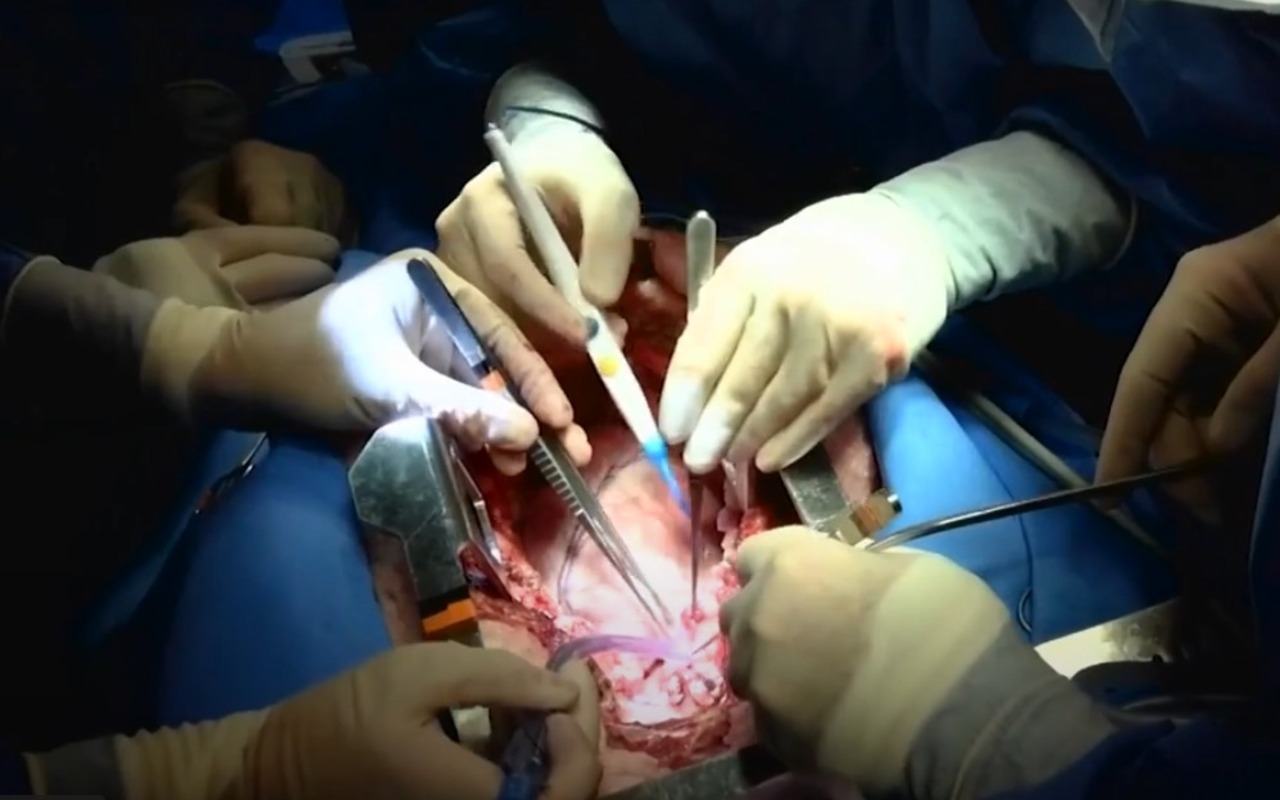
The Highest-Paid Medical Specialties in the United States
In the United States, the medical profession is known for its high levels of compensation, particularly in certain specialized fields.
In the medical field of the United States, certain specialties stand out for their high levels of compensation, reflecting the complexity and demand of their practices. Below are the highest-paid medical specialties in the country:
1. Neurosurgery
Annual Income: Neurosurgeons top the list of highest-paid specialties, earning over $746,000 annually.
Description: This specialty focuses on the diagnosis and surgical treatment of disorders of the central and peripheral nervous systems, including the brain and spinal cord.
2. Thoracic Surgery
Annual Income: Thoracic surgeons earn approximately $668,000 per year.
Description: They specialize in surgical interventions of the chest, covering the heart, lungs, and other thoracic organs.
3. Orthopedic Surgery
Annual Income: Orthopedic surgeons earn about $605,000 annually, placing them among the highest-paid.
Description: This specialty deals with the musculoskeletal system, treating conditions of bones, joints, ligaments, and muscles.
4. Plastic Surgery
Annual Income: Plastic surgeons earn an average of $539,000 per year.
Description: They focus on reconstructive and aesthetic procedures to improve or restore the appearance and function of various body parts.
5. Vascular Surgery
Annual Income: Specialists in vascular surgery earn around $534,000 annually.
Description: This specialty is dedicated to the treatment of diseases of the circulatory system, including arteries and veins.
Factors Influencing Compensation
The high compensation in these specialties is attributed to several factors:
Complexity of Procedures: They require advanced technical skills and extensive training.
Demand for Services: An aging population and the rise of chronic diseases increase the need for these specialists.
Responsibility and Risk: Surgical interventions carry high levels of responsibility and potential complications.
Final Considerations
While these specialties offer high incomes, they also demand significant dedication in terms of years of study, ongoing training, and professional commitment. Physicians interested in these areas must weigh both the financial rewards and the personal and professional demands involved.











LEAVE A COMMENT:
Join the discussion! Leave a comment.